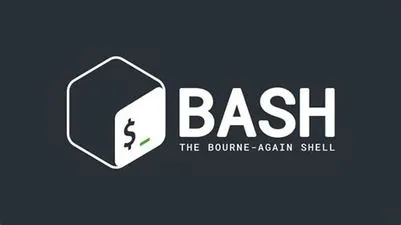December 30th, 2022

As we saw in yesterday's post, it's important to keep your website up to date in order to maintain security and ensure that everything is running smoothly. One way to automate this process is by using a shell script. In this post, we'll go over how to set up a script that will automatically update your website whenever you make changes.
First, you'll need to set up SSH keys for your server.
This will allow you to securely connect to the server and run commands remotely.
To do this, you can use the ssh-keygen command to generate a new SSH key, and then use ssh-copy-id to connect the key to your site's SSH.
Once you have your SSH keys set up, you can create a shell script that takes an argument representing your commit message. This script will commit and push any updates to your website's repository, log in to the remote server using the expect command and your new SSH key, change to your website repository location, and pull the update. Finally, the script will exit the server.
Here's the shell script in action:
#!/bin/bash
# Run git commit with the -a and -m flags
#Uses the command line argument as the commit message
git commit -a -m "$1"
# Push the committed changes to the remote repository
git push
# Use expect to automate the login process
expect <<- DONE
# Wait for the login prompt and send the login command
spawn ssh root@sethbarrett.xyz
# Wait for the command prompt and send the cd command
expect "$"
send "cd /var/www/mysite/\r"
# Wait for the command prompt and send the git pull command
expect "$"
send "git pull\r"
# Exit remote server
expect "$"
send "exit"
# Exit the expect script
expect eof
DONE
With this script in place, you can easily update your website whenever you make changes, without having to log in to the server manually. This can save you a lot of time and effort, and ensures that your website is always up to date.
Cronjobs are a powerful tool for automating tasks on a Linux server. By using cron, you can schedule a script or command to run at specific intervals, such as every hour, day, week, or month. This can be especially useful for tasks that need to be run on a regular basis, such as website updates or backups. Yesterday, I used it to set up a cronjob to automatically renew my websites certificate monthly so I don't have to check all the time.
In the future, I plan on utilizing cronjobs to further automate the maintenance and management of my website. For example, I could set up a cronjob to run the shell script we discussed above every day at a certain time, to ensure that my website is always up to date. I could also set up cronjobs for other tasks, such as cleaning up old log files or sending notifications when certain events occur. By using cronjobs, I can save time and effort by automating these tasks, and ensure that my website is always running smoothly.